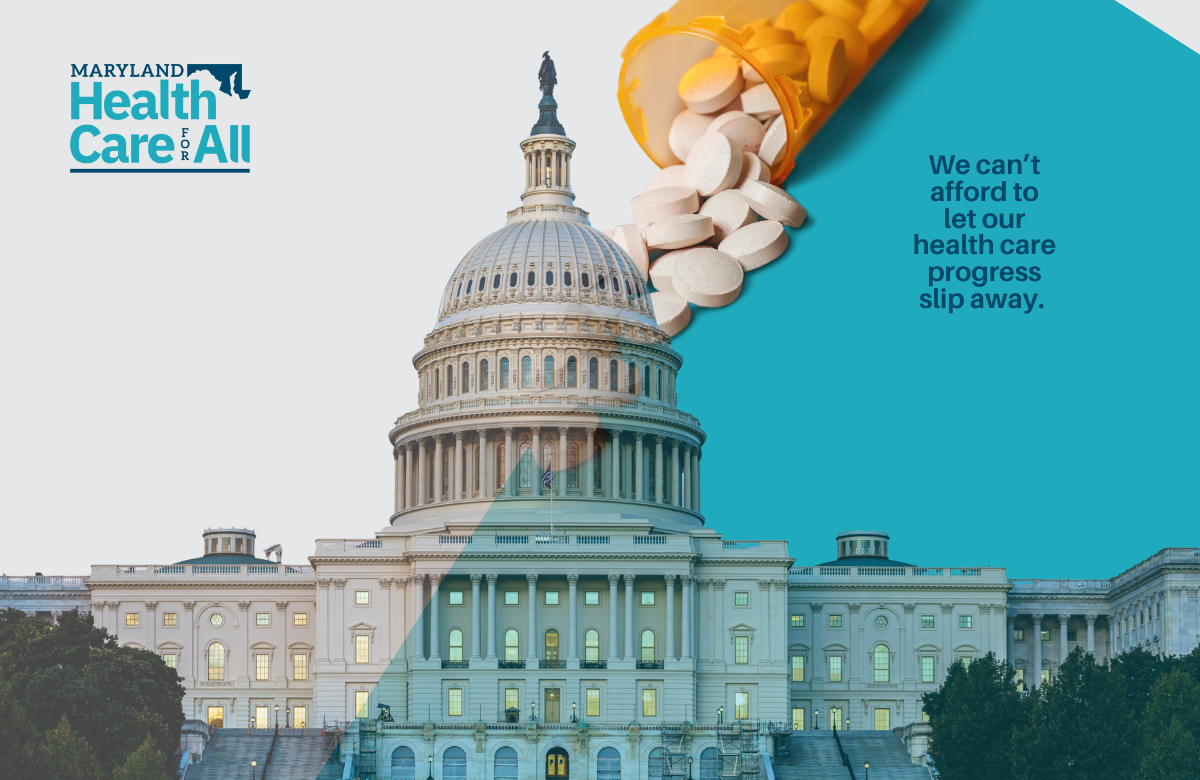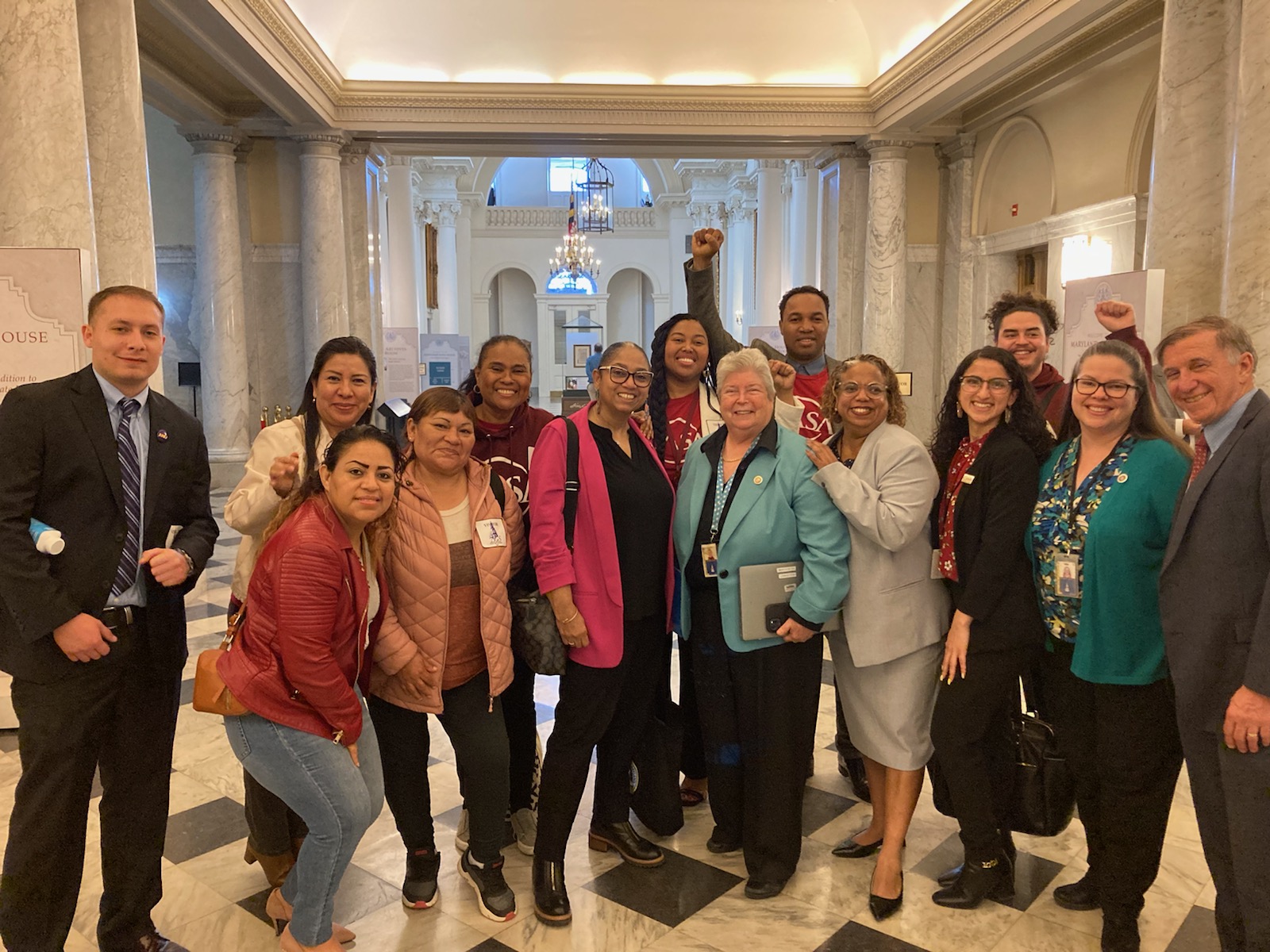Baltimore Sun
Op-Ed
October 3, 2016
By Carmela Coyle and Hank Greenberg
Recovery from illnesses following hospital care varies in duration, but one thing is certain: Making sure that patients receive the right care after they leave the hospital has a dramatic impact on a patient’s well-being, prognosis and outcome, and it is a major ingredient in Maryland’s transformation of health care.
The people who work in hospitals have always known this, but it was recently quantified in an Agency for Healthcare Research and Quality study that found patients who have a clear understanding of their after-hospital care instructions, including how to take their medicines and when to make follow-up appointments, are 30 percent less likely to be readmitted or visit the emergency department than patients who lack this information.
While providing this care can be rewarding and joyful as a loved one recovers, it can also be lonely and frustrating; most family caregivers perform this critical role with no medical training. To help, AARP Maryland and Maryland’s hospitals, during the state General Assembly’s legislative session earlier this year, worked together to push for the passage of the Caregiver Advise, Record, Enable (CARE) Act. It helps hospitals work with family caregivers to coordinate care for a patient, which can include medication management, wound care, dietary management and the operation of specialized medical equipment. Maryland is one of 30 states plus Washington, D.C.; Puerto Rico and the U.S. Virgin Islands to pass the law, which in our state became effective Saturday. It features three very important provisions:
•The name of the family caregiver is recorded by the hospital when a loved one is admitted;
•The family caregiver is notified when the loved one is to be discharged to another facility or back home;
•And the hospital must provide an explanation and in-person instruction of the medical tasks their loved one will require, such as medication management, injections, wound care and transfers that the family caregiver will perform at home.
What does the CARE Act mean for Marylanders? It means better, more coordinated care that will make it easier for patients, caregivers and hospitals to work together to ease the road to recovery for those who have suffered illness or injury, to give them the best opportunity to get better quickly and with minimal complications. AARP offers tools for caregivers online at its Caregiver Resource Center.
The CARE Act is just one way that hospitals are working with community partners, like AARP, to make sure that Marylanders receive the best care possible. Hospitals are reaching out into their communities like never before. Instead of episodic care, where patients are treated for whatever ailment they may have at that given moment, hospitals are pursuing “whole-person” care, where they examine all of a person’s needs — physical, psychological, environmental and more.
LifeBridge Health, for example, has started a pilot program, the Maryland Faith Health Network, which connects hospitals with churches, synagogues, temples and other faith organizations to improve their congregants’ well-being.
Carroll Hospital Center has begun Care Connect, a free program that connects people who have complex health issues with a health navigator –—a registered nurse or licensed social worker who provides one-on-one guidance and care coordination.
Washington Adventist Hospital launched See You in 7, a program to ensure that all patients have a follow-up appointment with their primary care provider within seven days of discharge.
Johns Hopkins Bayview Hospital has “Care A Van,” a large RV with a social worker and medical staff who provide free health screenings, help with Medicaid applications, immunizations and more for uninsured children and their families with no regular source of medical care.
Frederick Memorial Hospital has started the Bridges Program, which trains Lay Health Educators to incorporate health care materials into the routines of churches, synagogues, local associations and other local organizations.
And Atlantic General Hospital provides bedside “first fill” medication delivery and pharmacist consultations just prior to a patient’s discharge, to make sure they go home with the medicine they need.
These are just the tip of the iceberg when it comes to new ways that community organizations, like Maryland’s hospitals and AARP Maryland, are joining forces to make health care better, more accessible, and more efficient.
Carmela Coyle (ccoyle@mhaonline.org) is president and CEO of the Maryland Hospital Association; Hank Greenberg (hgreenberg@aarp.org) is state director of AARP Maryland.
Last modified: October 6, 2016




